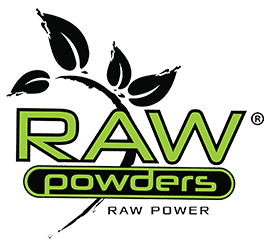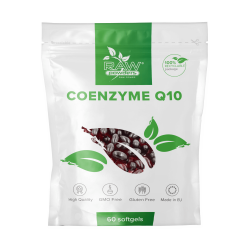EVERYTHING YOU NEED TO KNOW ABOUT CHOLINE DOSING AND ALPHA GPC TAKING


The vital substance choline (also known as choline CDP or Alpha GPC) is an important building block for a functioning metabolism, brain function and, above all, liver health. It is also produced independently by the body in small amounts. However, sometimes the choline content in the body is not sufficient.
The vitamin-like building block is available in Europe as a dietary supplement. An unhealthy diet or various diseases, often lead to a lack of natural choline in the body.
The correct Choline dosage
The first thing to know about choline dosage is that the dose varies from person to person. It depends, among other things, on the individual choline deficiency, diet and individual needs, depending on age and state of health. Certain previous illnesses also have an influence on the correct dosage, which is why a consultation with the physician is always necessary in advance.
In addition, the content varies depending on the choline source. They differ significantly in some cases. For example, Alpha GPC and CDP Choline provide about 42% choline, Choline Bitartrate about 40%. Lecithin, however, only about 15%. It has an impact on the dosage of choline supplements.
The following general recommendations apply as a standard dosage:
CDP Choline dosage: 500 - 2000 mg daily
Alpha GPC dosage: 300 - 600 mg daily
Choline Bitartrate dosage: 500 mg daily
Lezithin: 1000 - 2500 mg daily
Choline intake for certain ailments:
Depending on the purpose and clinical picture, certain dosages of Alpha GPC or choline are recommended. However, these are guidelines - people with previous illnesses, such as liver damage or alcoholism, should always discuss the intake with a physician.
a) as a supplement for general fitness (detoxification, disease prevention, etc.): approx. 500 mg a day.
b) support of liver function and lipid metabolism approx. 2x 300mg a day.
You can find more information about the areas of application and benefits of choline in our blog.
What happens with a choline overdose?
According to scientific studies, the daily requirement of choline for (healthy) adults without previous illnesses is around 415 - 530 mg per day. Partly this can be covered by food. A particularly high choline content can be found in certain foods, such as liver (500 mg per 100 g) and salmon (250 mg per 100 g). Anyone who eats these foods a lot and frequently should therefore reduce the additional intake of choline as a nootropic.
The maximum tolerated amount for adults is around 3500 mg per day. A choline dose beyond this carries an increased risk of side effects and is not recommended without consulting a doctor.
A clear overdose of choline is an amount of 20,000mg (20g) per day, which can lead to dizziness, drowsiness or a drop in blood pressure, among other things. Unintentionally overdosing on choline is almost impossible. In any case, medical help should be sought in the event of an overdose.
You can find more information on this in our blog: Choline Side Effects.
Sources:
https://www.cholin-wissen.de/cholin-dosierung/
https://vitamine-ratgeber.com/weitere-vitalstoffe/cholin/
https://www.cholin-wissen.de/cholin-anwendungsgebiete/
https://dualdiagnosis.org/de/testberichte/cholin/
https://www.natur-kompendium.com/cholin/
https://de.sxph.org/31107-choline-overdose.html





_front%20(1)-250x250.png)



_front%20(1)-250x250.png)

-(NN)_front%20(1)-min-250x250.png)

_front%20(1)-250x250.png)


_front%20(1)-min-250x250.png)
_front%20(1)%20(1)-250x250.png)
_front%20(1)-250x250.png)








_front%20(1)-min-250x250.png)
_front%20(1)%20(1)-250x250.png)
-min-250x250.png)
-min-250x250.png)
